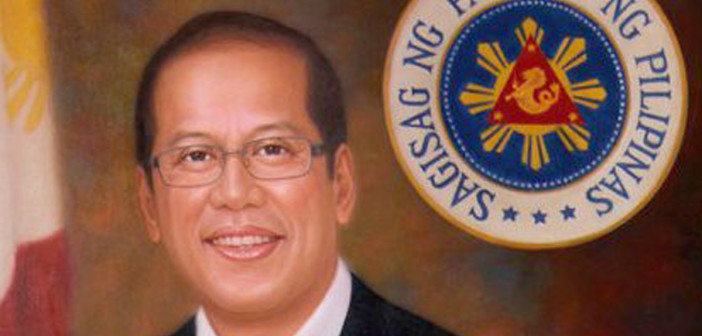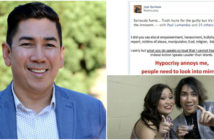PINOY MIXX
I am writing about social realities because of President Aquino’s State of the Nation Address (SONA). I felt that it is quite appropriate to look in hindsight while asking ourselves how far the country has gone.
The definition of societal problems and economic underdevelopment is an instructive idea to understand the symptoms and subordinate influential factors that give rise to social problems.
Knowing the symptoms may not be the panacea or the absolute cure to the problems at hand, but it definitely offers an important, significant step to trace the root cause or causes to alleviate the problem.
I was born in the ‘50s. I saw the Philippines at its best. We were no. 2 in Asia next to Japan, a highly industrialized country. Life was easier. The government and the people though not perfect were in unison. Politicians carried out statesmanship. Corruption was not as pervasive.
Why are we still underdeveloped? And why do we have to change values. Did we have the wrong set of values at the time when we were next to Japan? Or was there an intervening external factor, which diluted our sense of values? How and why did this happen?
The vicious cycle of poverty is one of the major problems plaguing developing countries like the Philippines. It is quite obvious that poverty and over population goes hand in hand and that the latter is a subordinate factor to some of our societal problems like environmental degradation, education, malnutrition etc.
The moral and religious dogma imposed by the Catholic Church on our policy makers, has worsened certain issues particularly on population control. The debate still continues amidst the problem of a rising increasing population goes unabated.
The deterioration of our value system came without warning. The societal illnesses simply appeared asymptomatically. It was ingrained and systematized in every institution. There seems to be no hope.
As I took my Master in Development Communication, I was absorbed by the potential influence and its usefulness when utilized appropriately in partnership with the government and other mainstream media to stimulate progress and development.
The value of Development Communication cannot be undermined. “It is essential to society and it negates societal entropy.”
And, as the late UPLB Chancellor Abelardo G. Samonte (1974) would describe Development Communication to distinguish it from other communication fields, it is “a communication with a social conscience.”
While the concept of Development Communication endures to evolve vis-a-vis with the development process, it has to keep up with the dynamics of change.
Many were fascinated with the advent of new media technology. It did not exempt me. The convergence of the traditional media with the Internet initially created an alarming initiative specifically for the print media.
But the threat of abolishing print media is quite far-fetched. Tabloids being peddled by the street vendors indicate that this affordable and mass-based source of news and information is still very much around.
To my mind, these tabloids could be used as tools for Development Communication if injected with values content-wise. Their facility, accessibility and ease of understanding the language to the masses could be potentially effective.
Another traditional media that can work effectively towards progress alongside with Development Communication principle are radio and television. In spite of their convergence with the Internet, these media are still quite formidable on their own.
Radio and television have survived despite the onslaught of cyber media. They have endured through convergence and morphed with the new media technology or the Internet.
The process of development must come from within and must go through a process that recognizes one’s intrinsic values. It is true that external factors that are imposed in the name of progress and development would meet a strong resistance if these factors run contrary to the ideals and beliefs of the community.
Lastly, the role of Education in Rural Development is the most vital yet quite undermined as far as our priorities in the government is concerned.
It is undeniably true to consider education in whatever form: formal, informal and non-formal, to be increasingly encouraged and strengthened as part of the learning system thoroughly together with the planning for national development.
In conclusion, my fears and apprehensions whether we, as a developing country could still regain what we have supposedly attained long before, have been changed to positivism and hopefulness.
WHO DA WHO?
- Who is this legislator who was rejected by the family of his wife because of his drinking binge?
- Another lawmaker severed his marital ties because he was caught having an affair with another man
- And this government official was also rumored to have gender issues. Or he may just be emulating his predecessor?
- This award-winning director has attracted so many women. His secret despite his “short comings”? He compensates through oral calisthenics.
- This good-looking veteran actor is rumored to be bisexual. They say that he goes to Macau for his “sexcapades” with his boy toys. He likes to play “Russian roulette”.




